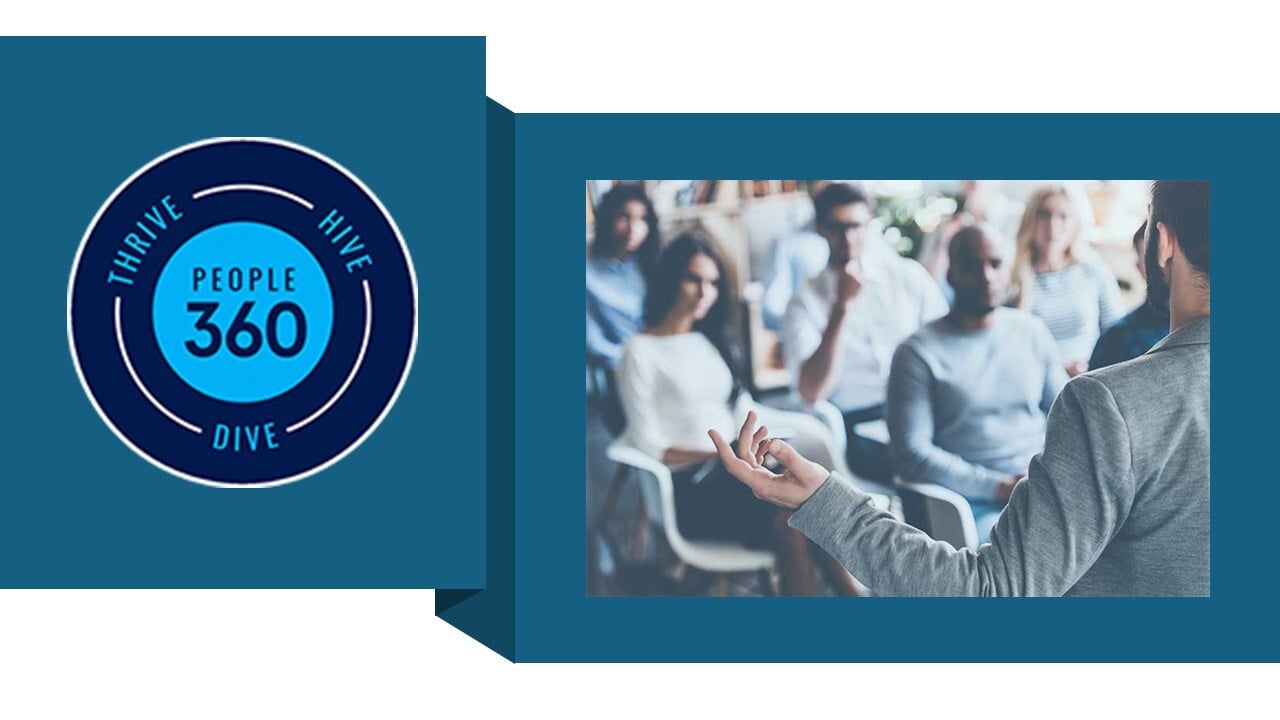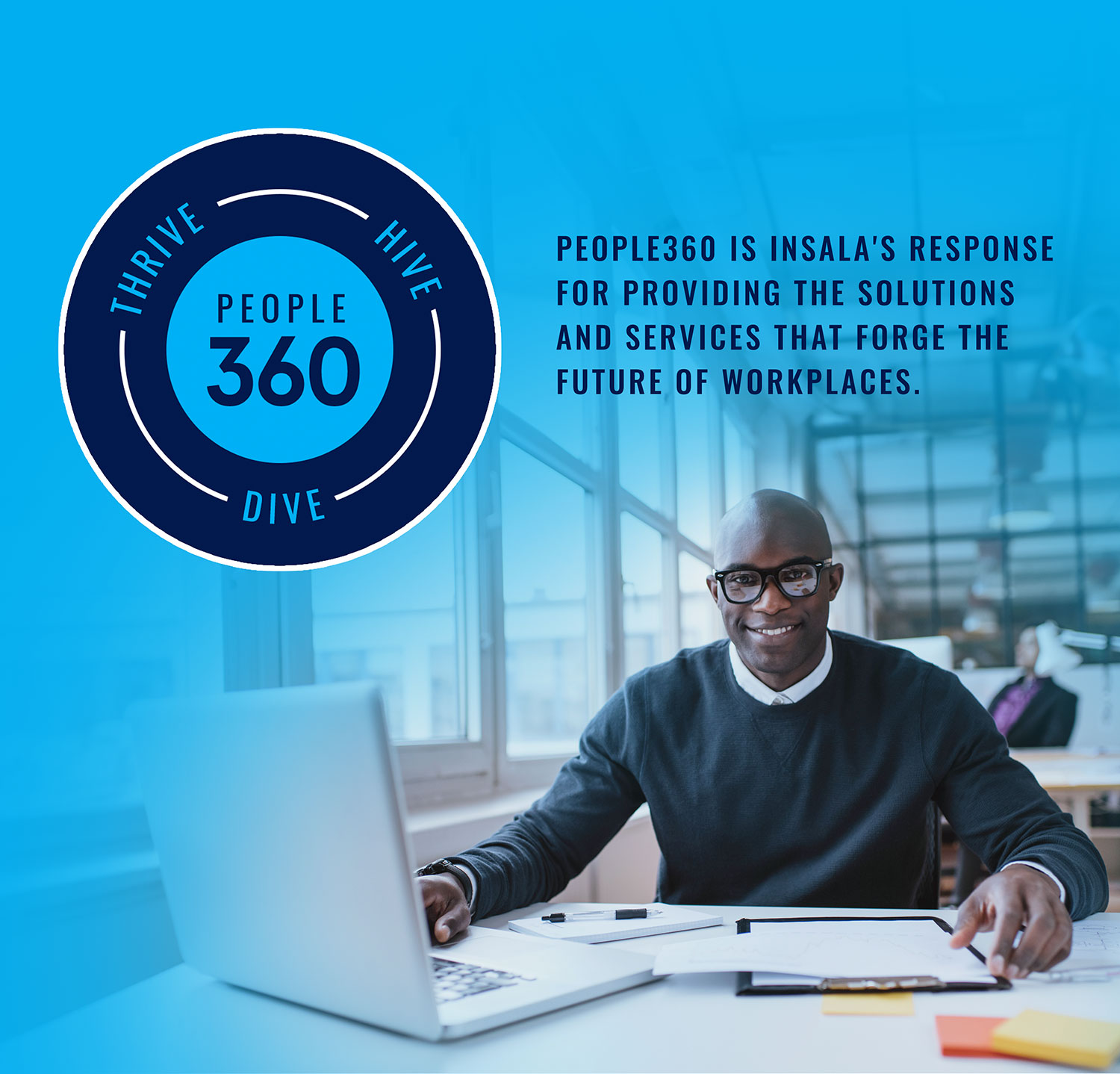
Maximizing the Impact: How to Get the Most Out of Your Corporate Mentoring Program
Corporate Mentoring programs have become an integral part of corporate culture, offering valuable opportunities for professional development, knowledge sharing, and career growth. The success of a mentoring program depends not only on its design and implementation but also on how effectively it is utilized by participants.
We will explore strategies Insala has used time and time again for getting the most out of your corporate mentoring program, drawing on insights from past programs, current admins and our best practices in mentoring.
- Set Clear Goals and Expectations
Before launching a mentoring program, it's essential to establish clear goals and expectations for both mentors and mentees. Define the purpose of the program, the desired outcomes, and the roles and responsibilities of participants.
By setting clear goals and expectations, you provide a framework for success and ensure that everyone involved understands what is expected of them.
- Match Mentors and Mentees Thoughtfully
The success of a mentoring relationship often hinges on the compatibility between mentor and mentee. Take the time to thoughtfully match mentors and mentees based on factors such as career goals, interests, personalities, and areas of expertise. A well-matched pair is more likely to develop a meaningful and productive mentoring relationship, leading to better outcomes for both parties.
- Provide Training and Resources
Effective mentoring requires more than just good intentions; it requires skills, knowledge, and support. Provide mentors and mentees with training and resources to help them navigate the mentoring relationship effectively.
Offer guidance on active listening, communication techniques, goal setting, feedback, and conflict resolution. Additionally, provide access to resources such as mentoring guides, toolkits, and best practices to support participants throughout the mentoring journey.
- Foster Open Communication
Communication is the foundation of any successful mentoring relationship. Encourage mentors and mentees to communicate openly and honestly with each other, sharing their goals, expectations, challenges, and successes. Establish regular check-ins or meetings to provide opportunities for dialogue and feedback. By fostering open communication, you create a supportive environment where participants feel comfortable sharing their thoughts and experiences.
- Encourage Goal Setting and Accountability
Setting clear goals is essential for guiding the mentoring relationship and measuring progress. Encourage mentors and mentees to set SMART (Specific, Measurable, Achievable, Relevant, Time-bound) goals together at the outset of the relationship. Regularly review progress toward these goals and provide support and accountability as needed.
By aligning their efforts with specific objectives, participants can stay focused and motivated, leading to greater success.
- Promote Continuous Learning and Development
Mentoring is a journey of continuous learning and development for both mentors and mentees. Encourage participants to take advantage of opportunities for skill development, networking, and knowledge sharing. Provide access to workshops, seminars, webinars, and other learning resources to support their professional growth.
Additionally, encourage mentors and mentees to seek feedback from each other and from program administrators to identify areas for improvement and growth.
- Measure and Evaluate Program Impact
Regularly measure and evaluate the impact of your mentoring program to assess its effectiveness and identify areas for improvement. Collect feedback from participants through surveys, interviews, or focus groups to gain insights into their experiences and satisfaction with the program.
Track key metrics such as participant engagement, skill development, career advancement, and retention rates to gauge program success. Use these insights to make data-driven decisions and continuously refine and enhance your mentoring program.
In conclusion, a well-designed and effectively managed mentoring program can be a powerful tool for driving employee development, engagement, and retention. By setting clear goals and expectations, thoughtfully matching mentors and mentees, providing training and resources, fostering open communication, encouraging goal setting and accountability, promoting continuous learning and development, and measuring and evaluating program impact, you can maximize the impact of your corporate mentoring program and unlock its full potential for organizational success.
At Insala, we understand the importance of effective mentoring in driving employee development and organizational growth. Our comprehensive mentoring solutions empower organizations to facilitate meaningful mentoring relationships, support professional growth, and achieve their business goals.
To learn more about how Insala can help you implement a successful mentoring program, contact our sales team at successteam@insala.com.
Grow Your Career Program! - Get Our Latest Newsletter Updates
Related Posts

How To Find The Right Mentor For You
How To Find The Right Mentor For You Having the guidance and ...
Read more
How To Establish A Successful Corporate Mentoring Program
How To Establish A Successful Corporate Mentoring Program
Read more
How Mentoring Is Helping Solve The Labor Shortage
How Mentoring Is Helping Solve The Labor Shortage The labor shortage has become a pressing issue for businesses across industries, with ...
Read more
.png?width=100&name=Untitled%20design%20(30).png)






